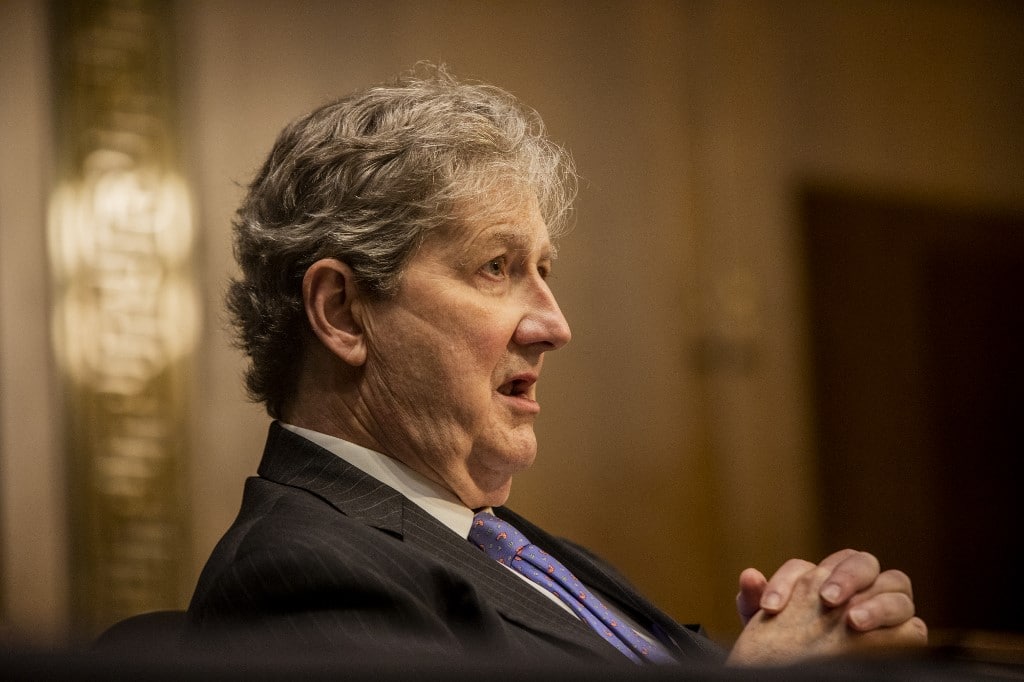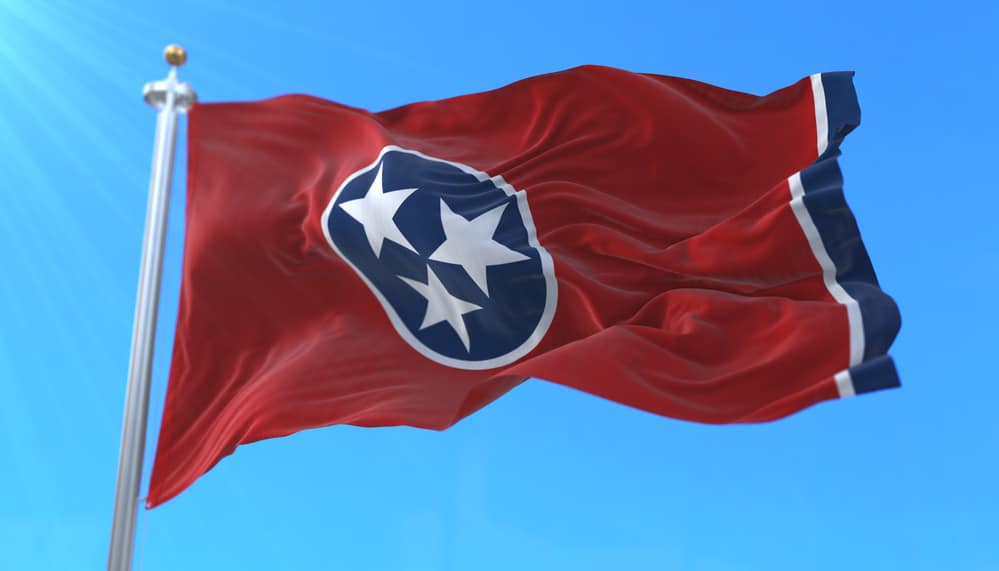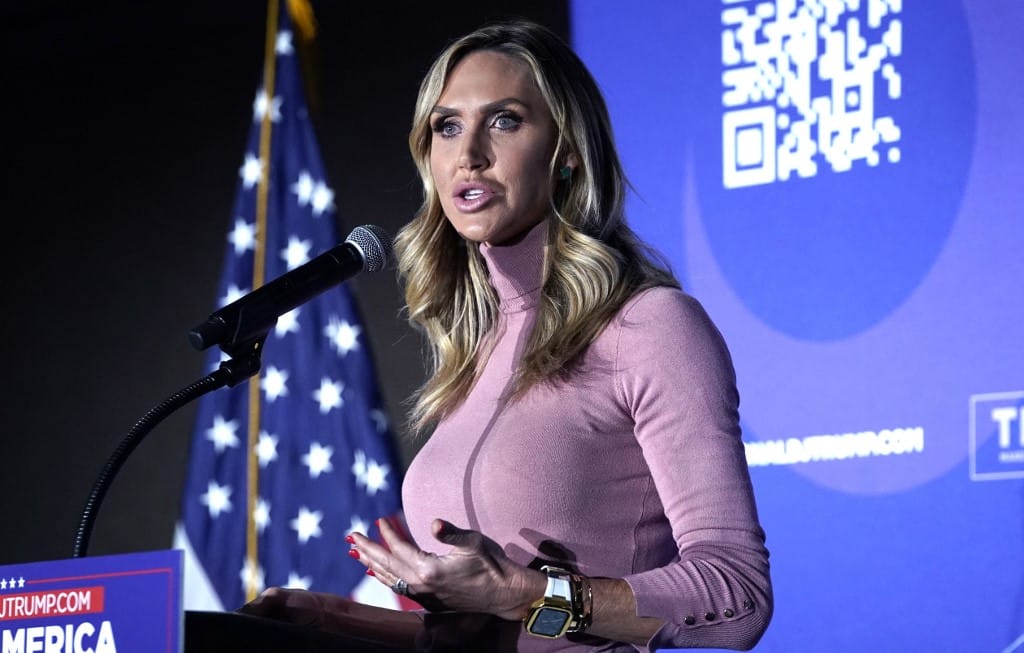In a unanimous decision by Arizona’s Republican lawmakers, the state’s House of Representatives voted on Thursday to block any guaranteed basic income initiatives.
Arizona’s Rising Homelessness

This decision was made amidst Arizona’s battle with a high homelessness rate, ranking fourth nationwide. Meanwhile, the bill saw no support from Democrat members.
Basic Income: A Poverty Solution?

Across the country, basic income programs offering unconditional payments are increasingly seen as a method to bridge the wealth gap and tackle poverty. These programs are a more focused alternative to universal basic income schemes, which distribute funds to all citizens regardless of income or other factors.
Criticizing Unearned Payments

The bill, penned by Republican Rep. Lupe Diaz, draws parallels between such programs and socialism, with Diaz criticizing the payments as ‘unearned.’
Prohibitions of the New Bill

The bill explicitly prohibits “any program where persons are provided with regular, periodic cash payments that are unearned and that may be used for any purpose,” excluding those involving work or training.
Bill Awaits Senate Approval

Before becoming law, the bill must clear the state Senate, which comprises 30 members: 16 Republicans and 14 Democrats.
Aid for the Needy
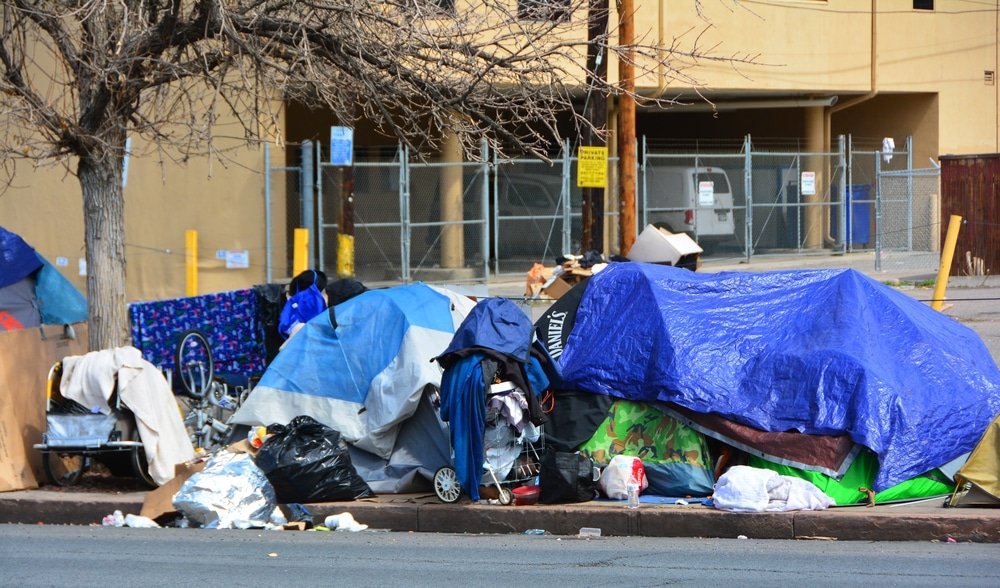
Guaranteed basic income programs are specifically designed to aid families or individuals, typically those at or near poverty levels, by providing them with regular governmental financial support for a predetermined duration.
Cities Explore Cash Aid

In recent years, numerous cities and states have experimented with various forms of unconditional cash assistance. For example, Baltimore’s Young Families Success Fund offers $1,000 monthly to young mothers, while an Oregon initiative grants $1,000 each month to impoverished youths.
Meeting Essential Needs

According to a senior director at Point Source Youth, the national organization tackling youth homelessness, which played a key role in the Oregon initiative, shared with Business Insider that beneficiaries used the funds for essential needs like securing housing, enrolling in educational programs, and buying cars.
A Year Later

Similarly, a study of an Austin program, which provided $1,000 monthly to low-income families, showed improved housing stability after one year, with a significant portion of the payments going towards housing costs.
Financial and Psychological Gains

In Minneapolis, a Guaranteed Basic Income (GBI) pilot program was launched in 2021, using federal pandemic support funds. It provided $500 a month to 200 low-income households for two years.
After one year, the program showed positive results, including improvements in financial stability, food security, and psychological wellness for recipients.
No Harm to Job Motivation?

Notably, the program did not negatively affect labor supply, addressing a common concern about basic income programs.
A Significant Shift

This program is a notable departure from traditional U.S. income support programs like the earned income tax credit, which is tied to employment and does not assist the lowest-income families or long-term unemployed workers.
Opposition to Basic Income Grows

Despite these successes, certain state lawmakers, especially Republicans concerned about the impact on work motivation, are attempting to outlaw these programs.
Program Under Fire

In Harris County, Texas, home to Houston, a basic income program is currently under constitutional scrutiny by the state’s attorney general, following a request from a Republican state legislator.
COVID-19 Funds

The Uplift Harris initiative, which allocates $20.5 million from COVID-19 relief funds, aims to provide $500 monthly to families with low income.
Anti-Income Trend

Similar bans to Arizona’s proposal have been introduced by Republicans in other states. For instance, in Iowa, Republican Rep. Steve Holt proposed a bill last month to outlaw basic income programs, describing them as ‘socialism on steroids.’
Decisive Vote Against Income

A ban in South Dakota recently cleared a committee with an 8 to 1 vote, mostly along party lines, on February 5 and is now progressing to the state senate.
Socialist Ideas?

During the committee meeting, the bill’s proponent, Sen. John Wiik, criticized basic income schemes as ‘socialist ideas,’ arguing that they diminish the value of earning and lead to government dependency.
Tackling Homelessness

These programs reflect a broader trend in the U.S. where cities and states are exploring basic income as a means to provide direct financial assistance to those in need, with the flexibility for recipients to determine the best use of the funds.
The Sustainability Question

This approach is seen as a potential solution to tackle rising homelessness and support vulnerable residents. Despite the promising outcomes of such programs, they remain a topic of debate, especially concerning their long-term sustainability and impact on work incentives.
Read Next: What Really Causes Donald Trump’s Skin to be So Orange

Former President Donald Trump’s distinctive orange skin has captivated attention, sparking curiosity about its evolution from average pale over the years:
What Really Causes Donald Trump’s Skin to be So Orange
21 of the Biggest Lies in American History

Dive into the shadows of American history as we explore 21 of its biggest lies that have left an indelible mark on the nation’s narrative:
21 of the Biggest Lies in American History
32 Things We Once Highly Respected but Are a Complete Joke Now

Discover the amusing downfall of once-respected entities in our changing world:
32 Things We Once Highly Respected but Are a Complete Joke Now
23 of Donald Trump’s Most Hilarious Moments as President

Explore the lighter side of Donald Trump’s presidency with 23 hilariously memorable moments that left the nation in stitches:
23 of Donald Trump’s Most Hilarious Moments as President
27 Things MAGA Movement Ruined Forever for People
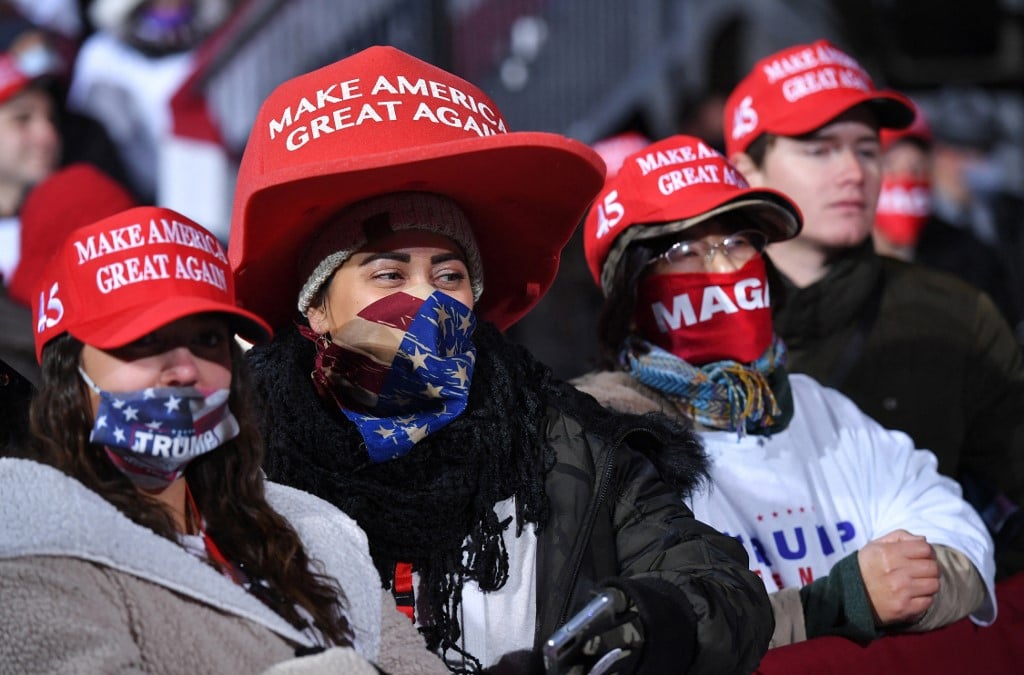
How the MAGA movement left its mark on individuals and disrupted certain aspects of our everyday life forever:








